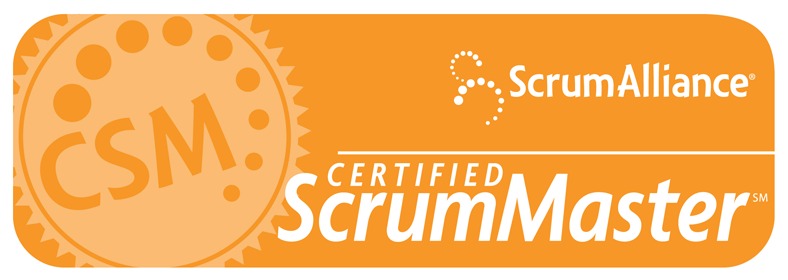Scrum Roles and Responsibilities
The Scrum Team The Scrum Team consists of 3 roles a Product Owner, the Development Team, and a Scrum Master. Scrum Teams are self organising and cross-functional, the Development Team does not recognise more specific roles within it but Cross-functional teams have all the competencies needed to accomplish the work without depending on others that…






